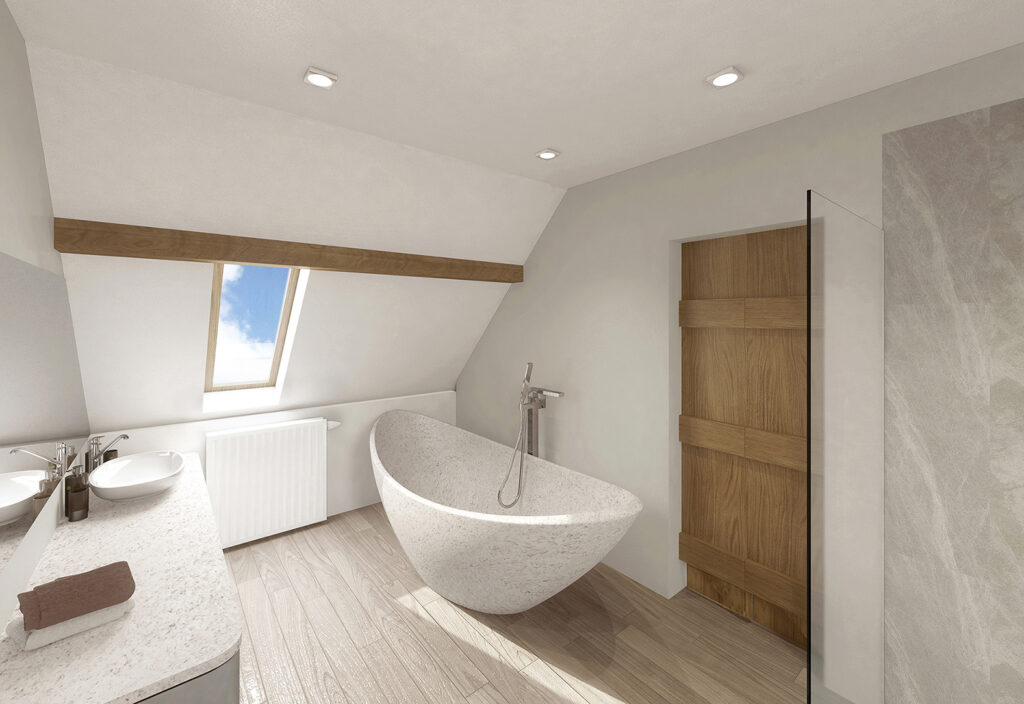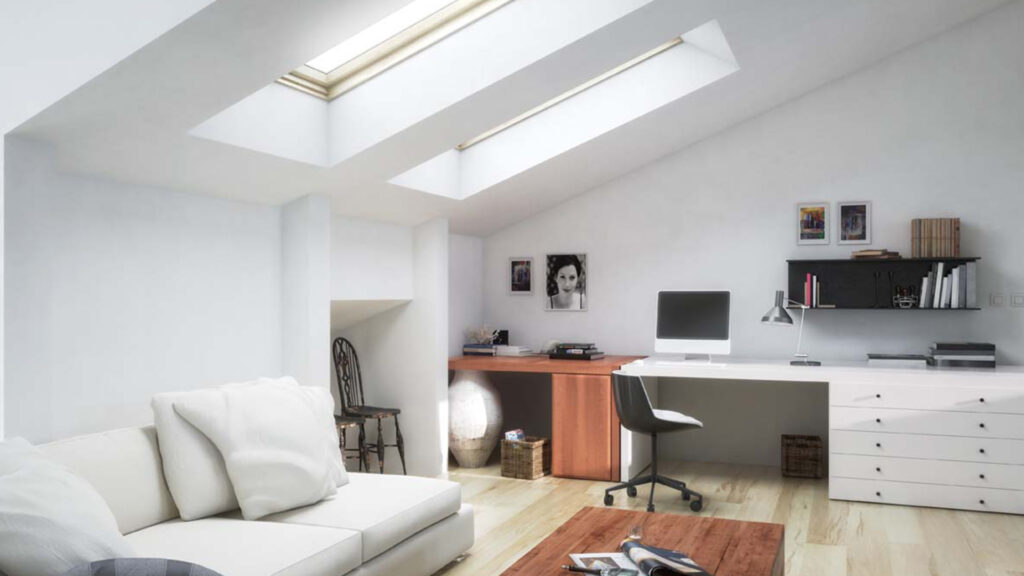The popularity of loft conversions in the UK is on the rise. However, it’s crucial to comply with loft conversion building regulations to ensure a successful and safe project.
The Importance of UK Building Regulations
Every loft conversion in the UK, irrespective of its scale, must align with UK building regulations. Often detailed in building regulations documents, are essential to guarantee the safety, health, and well-being of occupants. Just like any other construction project, are executed in a way that prioritizes safety, energy efficiency, and the overall health of your home.
Planning permission seeks approval for a development project. In contrast, building regulations approval ensures that your loft conversion plans comply with established standards. Compliance is typically verified by your local building authority or an approved inspector. You have the flexibility to choose the inspection route that suits your needs.
Responsibility and Accountability in Loft Conversions
As the homeowner, you could face enforcement notices if your loft conversion doesn’t meet building regulations. Compliance isn’t just a legal obligation; it also provides peace of mind. Meeting these standards ensures your loft is a safe and secure space. And with proper services like gas, electricity, and water.
Delving Deep into Loft Conversion Building Regulations
1. Structural Strength and Stability:
- Flooring Fundamentals: Traditional lofts, originally designed for storage, often lack the structural integrity to support a functional living space. New floor joists, tailored to the loft’s dimensions and anticipated load, become essential. For instance, 47 x 145mm joists might be required to span up to 2.89m, while 72 x 195mm joists could span up to 4.44m.
- Roofing Rigour: The loft’s roofing must be robust, ensuring protection against external elements and pressures.
2. Fire Safety Protocols:
- Window Wisdom: New windows in the loft must be large enough for escape during emergencies, a key aspect of the Building Safety Act. Egress window openings should be at least 450mm x 450mm and at least 0.33m^2 in area.
- Door Dynamics: Fire-resistant doors are non-negotiable, providing a safe exit route during emergencies. These doors should resist heat for at least 20-30 minutes.
- Smoke Alarms: Interconnected smoke alarms across floors are mandatory, ensuring timely alerts in case of fire.
3. Insulation Insights:
- Proper insulation is not just about comfort; it’s about energy efficiency. With up to 25% of a building’s heat potentially lost through the roof, insulation becomes a critical component of loft conversions in the UK. Regulations specify the type and thickness of insulation, ensuring optimal heat retention.
4. Stairs and Accessibility Standards:
- Staircase Specs: Stairs leading to the loft must adhere to specific regulations regarding their width, height, and design. For instance, while there’s no minimum width, a recommended width of at least 750mm ensures comfort and safety.
- Rise and Going: The ‘rise’ and ‘going’ of the stairs, referring to their height and length respectively, have specific measurements to ensure safety.
5. Electrics, Plumbing, and More:
- Electrical Excellence: New electrical installations must be safe and functional, adhering to Part P of the building regulations.
- Plumbing Protocols: If you’re adding a bathroom to your loft, plumbing becomes a focal point. Proper drainage, waste disposal, and ventilation are crucial.

Are Building Regulations Applicable to Your Loft Conversion Project?
While certain home improvements and building activities are exempt from these regulations, if your project falls within the definition of ‘building work’ as outlined in regulation 3 of the building regulations, compliance is mandatory.
Specific types of loft conversions that often require building regulations approval include:
- Dormer loft conversions: These involve adding a projection from the roof to create additional headroom and space.
- Hip-to-gable loft conversions: This involves extending the roofline to create a more spacious loft.
- Mansard loft conversions: This involves creating a new roofline with sloped sides and a flat top.
- Velux window loft conversions: While smaller, these still require building regulations approval to ensure safety and compliance.
Additional Considerations
- Protected Species: If bats or other protected species are found in the loft, you may need a license to proceed with the conversion.
- Party Wall Agreement: If the work affects the wall shared with a neighbour (party wall), you’ll need a Party Wall Agreement.
- Building Control Fees: These are mandatory fees paid to the local council or a private building control company to inspect the work and ensure compliance.
Sussex Structural Engineers: Pioneers in Loft Conversions
Sussex Structural Engineers simplify the complexities of building regulations, ensuring your loft conversion is both compliant and beautifully designed. With expertise in structural calculations, we guarantee efficient project completion within 10 business days, backed by trusted contractors and indemnity insurance.
Non-compliance can lead to enforcement notices, void insurance, and complicate future property sales. Ensure your project is up to standard and properly documented with Sussex Structural Engineers. Reach out today to bring your loft conversion to life.
Loft Conversion Ideas: Merging Functionality with Aesthetics
While regulations are the backbone, the soul of a loft conversion lies in its design. Whether it’s a tranquil reading alcove, a vibrant playroom, or a sleek home office, the possibilities are endless. Collaborating with seasoned experts, like Sussex Structural Engineers, can seamlessly blend regulatory compliance with design aspirations.
Free Quote Today
Contact Sussex Structural Engineers today to discuss your project and get started on your journey to a more spacious and functional living space.
Phone number 01323 409851

